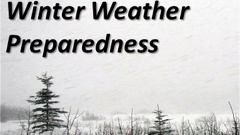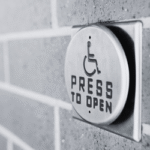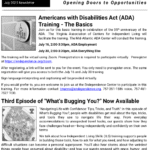LWinter is here, and it is vital to prepare for winter storms that can bring extreme cold, freezing rain, snow, ice, and high winds. Winter storms can create a higher risk of vehicle accidents, hypothermia, frostbite, carbon monoxide poisoning, and heart attacks from overexertion.
Taking preparedness actions:
- Keep an emergency supply kit in your vehicle that includes jumper cables, sand, a flashlight, warm clothes, blankets, bottled water, and non-perishable snacks.
- Keep a full tank of gas and, if possible, have a professional check your battery, anti-freeze, and cooling system.
- Gather emergency supplies for the home if you need to stay home for several days without power. Keep in mind each person’s specific needs, including medication.
- Remember the needs of your pets.
- Prepare your home by insulating, caulking, and weather stripping.
- Test all smoke alarms and carbon monoxide detectors.
- Pay attention to weather reports and warnings of freezing weather and winter storms.
- Sign up for your locality’s alert system through the emergency management office for the locality.
During a winter storm, you can also stay safe by doing the following:
- Stay off the roads.
- Stay indoors and dress warmly.
- Limit your time outside.
- Prepare for power outages.
- Listen for emergency information and alerts.
- Reduce the risk of heart attack by avoiding overexertion when shoveling snow.
- Look for signs of hypothermia and frostbite.
- Avoid carbon monoxide poisoning. Only use generators and grills outdoors and away from windows. Never heat your home with a gas stovetop or oven.
- While staying safe from COVID-19, check on your neighbors by texting, emailing, or calling them.
If you need more information, contact your ECI Coordinator.








